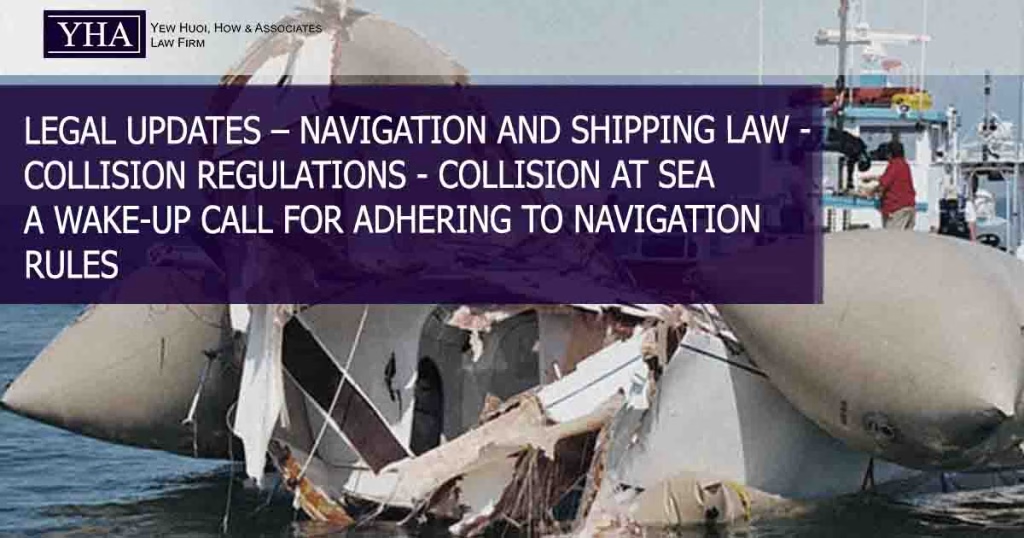1. Summary and Facts
The case FMG Hong Kong Shipping Ltd v The Owners of MSC Apollo (The BBC Nile) [2024] 1 Lloyd’s Rep 322 relates to a collision between the bulk carrier FMG Sydney and the container ship MSC Apollo on 29 August 2020 in the approaches to Tianjin, China. The collision occurred in good visibility, light winds, and slight seas. Both vessels were in ballast. The Sydney was outbound, heading east, while the Apollo was inbound, heading west.
The Apollo suggested crossing starboard-to-starboard via VHF, while the Sydney altered its course to starboard, and the Apollo turned to port, leading to a collision. The Sydney‘s port bow struck the Apollo‘s starboard side at a 40-degree angle. The dispute revolved around the application of the Collision Regulations (“COLREGS”), specifically Rules 14, 15, 16, and 17.
2. Legal Issues
i. Whether Rule 14 (head-on situations) or Rules 15 and 16 (crossing situations) applied?
ii. Whether the Apollo, as the give-way vessel, complied with its duty to take early and substantial action to avoid a collision?
iii. Whether the Apollo‘s use of VHF to propose navigation contrary to the Collision Regulations was justifiable?
iv. Whether the Sydney‘s actions contributed to the collision?
3. Court Findings
• The court found that the vessels were in a crossing situation at C-12, with Sydney on Apollo‘s starboard bow, obligating Apollo to take early and substantial action to avoid the Sydney under Rule 15. Apollo failed to do so, making it solely responsible for the collision.
• Apollo breached Rule 15 by not taking early and substantial action.
• Its successive course alterations to port between C-12 and C-6 contravened the obligation to avoid crossing ahead of Sydney.
• The court rejected the Apollo‘s argument that the vessels were in a head-on situation under Rule 14, as their courses were not reciprocal or nearly reciprocal.
• The Apollo‘s reliance on VHF to suggest a starboard-to-starboard passing was not justified. The court emphasized that VHF communications should not be used to navigate contrary to the COLREGS unless in exceptional circumstances, which were absent in this case.
• The Sydney acted appropriately under Rule 17(a)(ii) by taking action to avoid collision after Apollo failed to comply with its obligations.
4. Practical Implications
This case serves as a reminder that ships must follow navigation rules to avoid collisions. If you’re the vessel that needs to give way, take clear and early action to avoid the other ship. Don’t rely on radio communication to make alternative arrangements unless it’s absolutely necessary and doesn’t break the rules. Simply put, stick to the established rules to ensure everyone’s safety.

